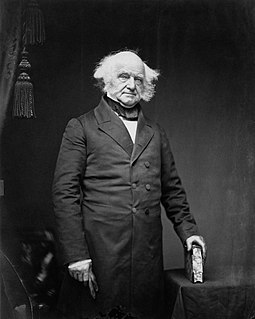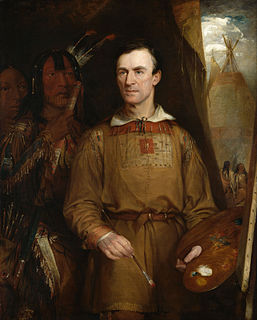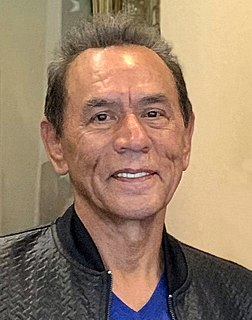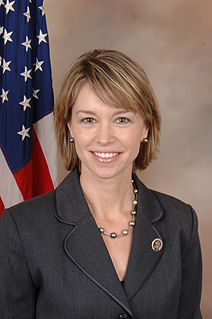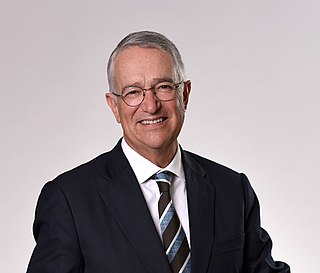A Quote by James Monroe
From several of the Indian tribes inhabiting the country bordering on Lake Erie purchases have been made of lands on conditions very favorable to the United States, and, as it is presumed, not less so to the tribes themselves.
Related Quotes
November is Native American Heritage month, and a good time to honor the legacy of our ancestors, but every day we should stop to think about our country's beginning and that the United States would not exist if not for a great deal of sacrifice, blood, and tears by Indian Tribes across the country.
So what? A lobbyist cheated Indian tribes out of $25 million then laundered their money through phony Christian charities trying to stop other Indian tribes from getting casinos [on screen: 'Thou Shalt Not Compete'] and bribe congressmen in the process. Know what I call that? I call that business as usual in Washington. [on screen: 'Screwing Indians']
We, as Indian tribes, should be able to prosecute non-Indians on tribal lands. But on Indian land, we have no ability to prosecute anyone but another Indian. American Indians having status as a foreign nation is good for us, but it's not good in some ways if we don't have the jurisdictional power that the federal government claims.
One was a horrible case called Oliphant v. Suquamish Indian Tribe which denied tribes the right to criminally prosecute non-Indians who commit crimes on their reservations. That decision has had horrible consequences for law enforcement on Indian reservations. But in that opinion Justice William Rehnquist cites language from the 1830s to explain why whites didn't trust tribes to exercise criminal jurisdiction. They were savages.




